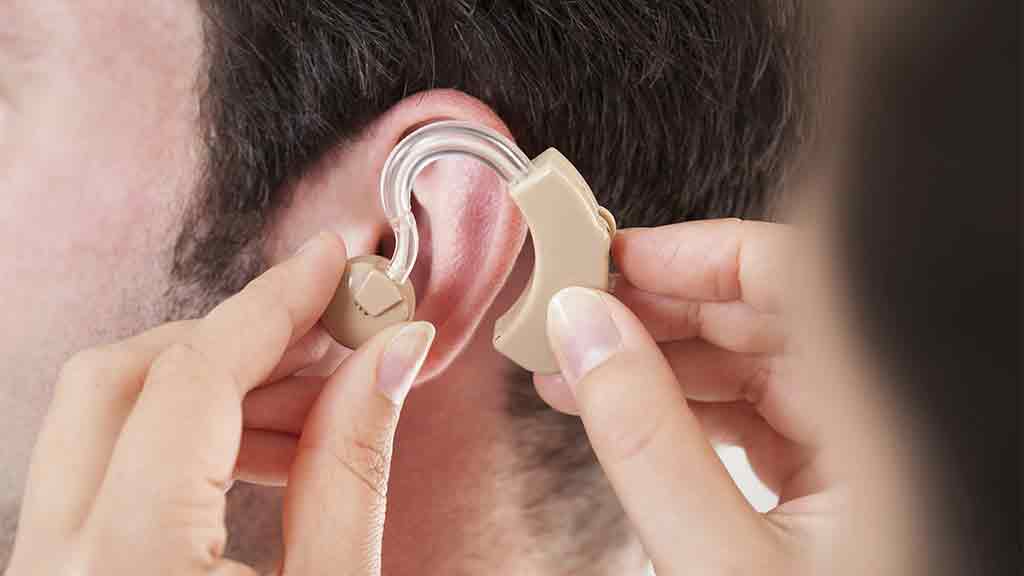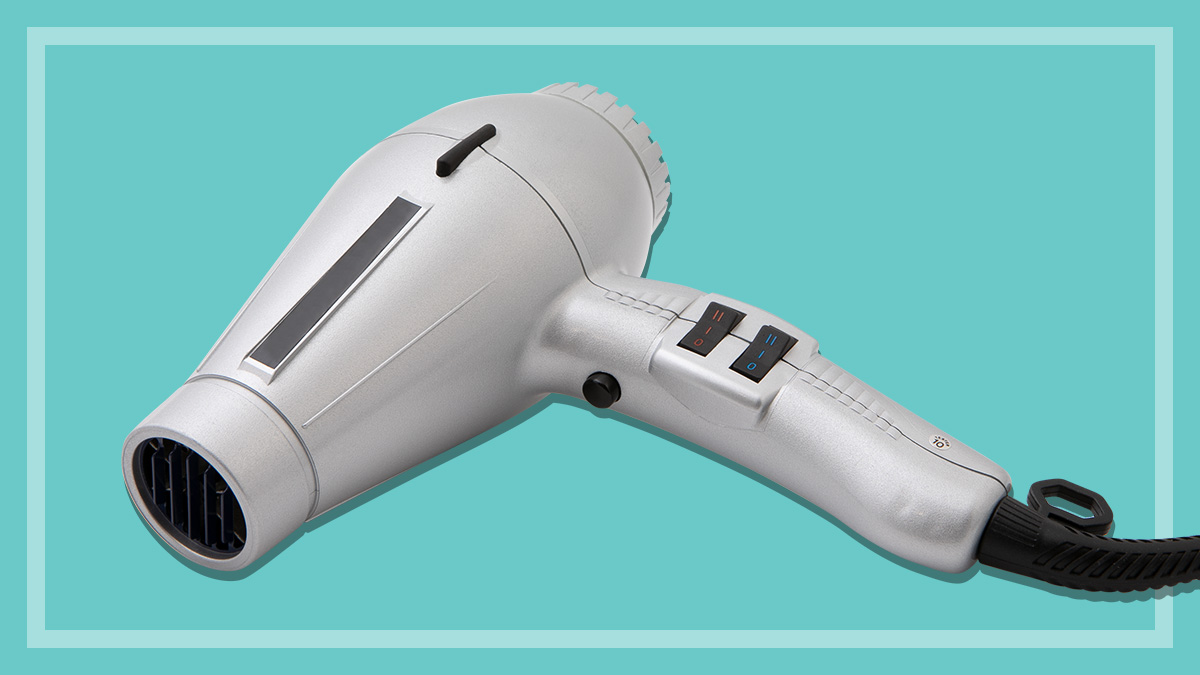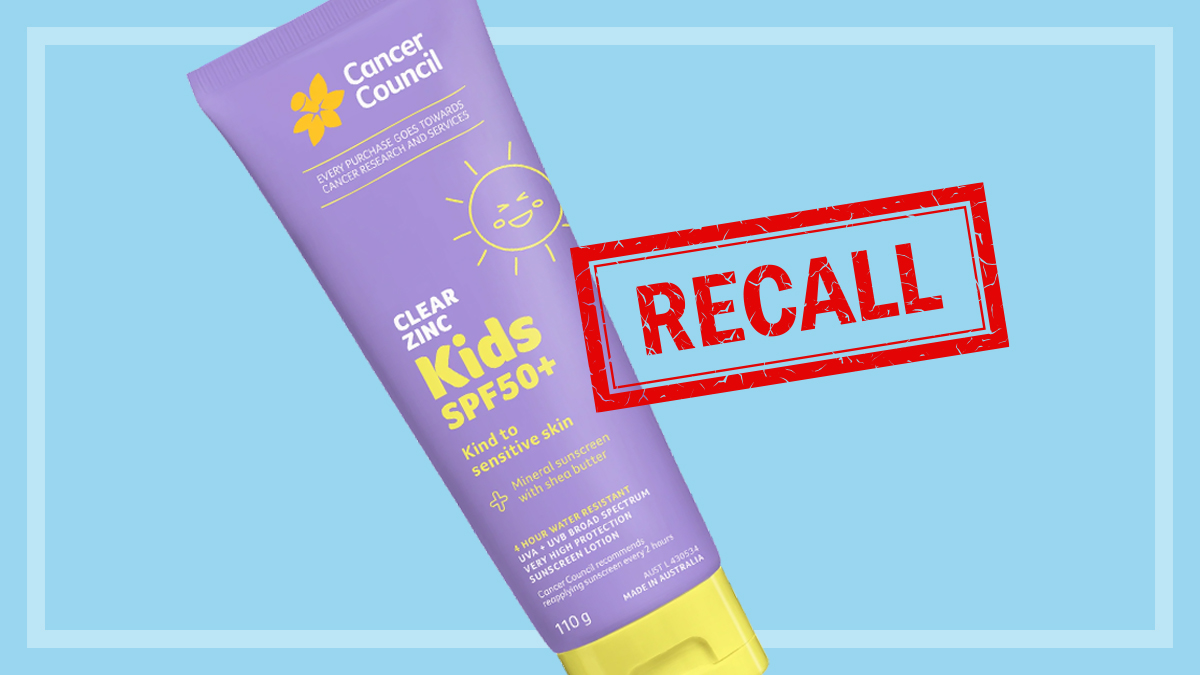Profit-hungry hearing clinics put on notice by the ACCC
A sales-first culture is raising serious concerns among retailers of hearing aids.
Last updated: 3 Mar 2017
An investigation into the hearing aid industry has left the ACCC concerned patient care is coming second to sales and profits.
Commissions on hearing aids priced between $1500 and $15,000 per pair can
be as large as 15%, an ACCC report has revealed.
The report, Issues Around the Sale of Hearing Aids, comes at a time when one in six Australians is affected by hearing loss, although an ageing population means it’s expected one in four will be affected by 2050.
Incentive payments and commissions aren’t generally disclosed, and if they
are, they tend to be buried in the terms and conditions section provided
after a sale.
Nor are incentives purely monetary. Manufacturers have been known to offer
clinicians “all-expense paid travel to overseas conferences and consumer
electronics”, the report notes.
Some of the clinicians surveyed by the ACCC raised concerns about older
customers “re-mortgaging their homes or entering into finance plans to pay
for high-end hearing aids”.
Prioritising sales over patient care can lead to the sale of unnecessarily
pricey hearing aids that don’t meet people’s needs, says Sarah Court,
commissioner at the ACCC.
“[Commission-based selling] has the potential to lead to consumer harm
where trusted advice is being given to patients, many of whom may be
vulnerable or disadvantage.
“The ACCC has requested that hearing clinic operators review their
incentive programs and performance measures to ensure that they do not create a conflict between
healthcare advice and sales.”
The report notes that not all hearing clinics prioritise sales over patient
care.
Consumers should shop around to find the most competitive price, says Tom Godfrey, head of media at CHOICE.
“Make sure you get the right recommendation from a medical professional, and start by having your hearing properly tested,” he says. “Once you’ve made your selection, lock in a 30-day trial to make sure the device is right for you. And do your homework on price, as it pays to shop around.”
Previously
CHOICE has found a big difference in hearing aid prices – a difference of $3000 in one example. An
inner-Sydney clinic was charging $14,000 for a top-of-the-range Siemens hearing aid, while a clinic in western Sydney
had the same model priced at $11,000.
The largest industry body representing audiologists, Audiology Australia,
encourages people concerned about a clinician’s conduct to lodge a formal
complaint.
“If the clinician is a member of Audiology Australia, anybody with concerns
regarding the clinician’s conduct can lodge a formal complaint regarding a
potential breach of our Code of Conduct,” says Dr Tony Coles, chief
executive of Audiology Australia.
“If the clinician is not a member of Audiology Australia, we can help them
to find another organisation or body that can help them.”
He echoed the ACCC’s sentiments: “Hearing clinics should be conscious of
the incentives they offer and consider remuneration structures that reward
service and quality advice ahead of sales.”
The ACCC surveyed 26 members of the audiology industry, 59 customers and
the ten largest audio clinics as part of its preparation of the report.
Related
Tony Ibrahim is an award-winning journalist who worked at CHOICE from 2016 to 2018.
He investigated and reported news stories that spanned a range of consumer issues and took pride in shining a light on the injustices faced by everyday people. He was responsible for breaking national stories on fatal Takata airbags, contaminated fuel and more.
Prior to CHOICE, Tony was group editor of PCWorld Australia and Good Gear Guide, as well as a reporter for CRN. LinkedIn
Tony Ibrahim is an award-winning journalist who worked at CHOICE from 2016 to 2018.
He investigated and reported news stories that spanned a range of consumer issues and took pride in shining a light on the injustices faced by everyday people. He was responsible for breaking national stories on fatal Takata airbags, contaminated fuel and more.
Prior to CHOICE, Tony was group editor of PCWorld Australia and Good Gear Guide, as well as a reporter for CRN. LinkedIn




